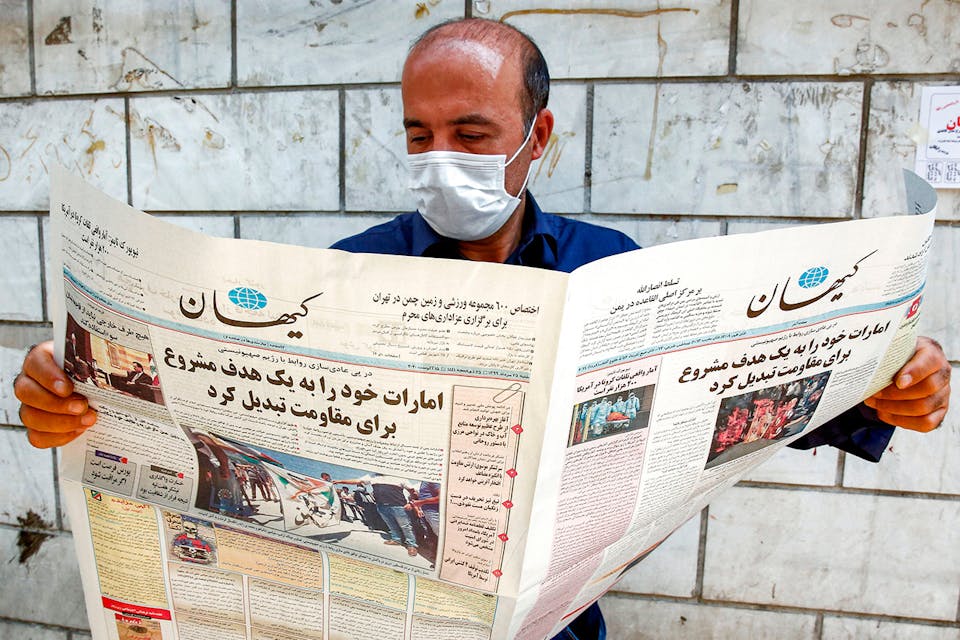
August 21, 2020
What Happens Next with the Israeli-Emirati Accords?
It forestalls annexation and deals a blow to the longstanding Palestinian veto on Israel’s relationship with other countries. It promises even more, but that depends on hard work.
This year’s “October surprise” may have arrived several months early, in the form of last week’s historic demonstration that the Middle East contains not only threats but also opportunities. Peace has returned to the agenda through a U.S.-brokered Israeli-Emirati agreement that kills two birds with one stone. Besides dealing a major blow to the longstanding Palestinian veto on Israel’s relationship with other countries in the region, the agreement has delayed annexation of parts of the West Bank, which would have imposed considerable costs on Israel and imperiled its future as a secure, Jewish, and democratic state.
Unlike previous peace agreements Israel has struck with Arab states, this one may lead to a true warming of relations. Egypt and Jordan have maintained peace with Israel for decades, including very close cooperation in the security realm, but much of that remains low-profile, behind closed doors, and limited to security alone. In contrast to those instances of “cold peace,” the Emirates already appears interested in taking more public and long-term steps to bring the two countries closer together, including the recently publicized agreement to embark on joint research and development for a coronavirus vaccine and the expressed desire to promote “closer people-to-people relations.”
The timing of this step was hardly coincidental, and was the result of a convergence of interests between the three involved parties, all of whom have their eyes on the upcoming U.S. elections in November. First, the White House’s self-described “deal-maker” needed a diplomatic achievement to present to voters, as his foreign-policy gambits vis-à-vis China, North Korea, Iran, and the Israel-Palestinian conflict have so far failed to yield concrete results. Second, Prime Minister Netanyahu had promised his right-wing base annexation of parts of the West Bank, but was aware that such steps could place Israel’s national security at risk, bury President Trump’s peace plan, and become a major point of contention with Washington should Joe Biden win the upcoming election—and thus sought an off-ramp.
Responses to August ’s Essay

August 2020
Israel’s History of Arab Realpolitik
By Dore Gold
August 2020
It’s No Accident Israel’s First Peace Agreement in Decades Is with the Emirates
By Ed Husain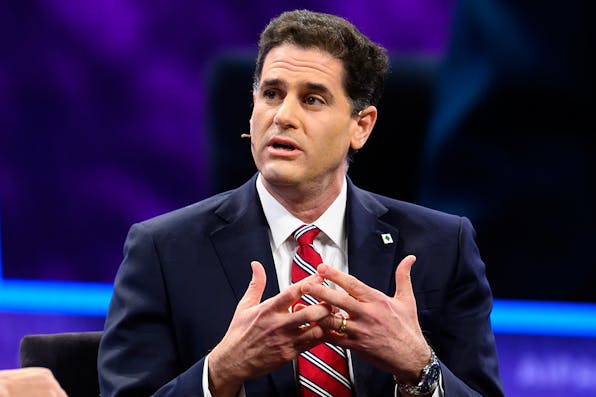
August 2020
Podcast: Ron Dermer on His Hopes for the Relationship between Israel and the UAE
By Tikvah Podcast at Mosaic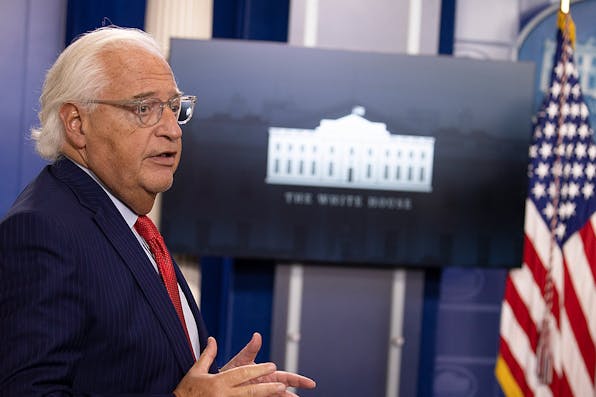
August 2020
The Role of American Policy and Personnel in the Israeli-Emirati Deal
By Richard Goldberg
August 2020
The New Agreement Breaks the Anti-Semitism at the Core of the Middle East’s Dysfunction
By Hussein Aboubakr Mansour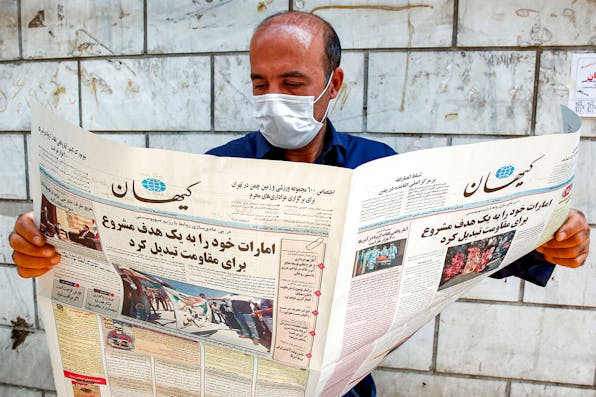
August 2020
What Happens Next with the Israeli-Emirati Accords?
By Amos Yadlin
August 2020
How the Israel-UAE Deal Demonstrates the Need for American Leadership in the Middle East
By John Bolton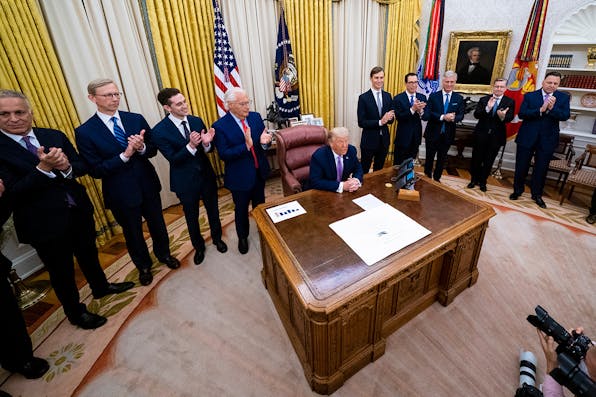
August 2020
Podcast: Jared Kushner on How American Diplomacy Created the Conditions for the Israel-UAE Deal
By Tikvah Podcast at Mosaic